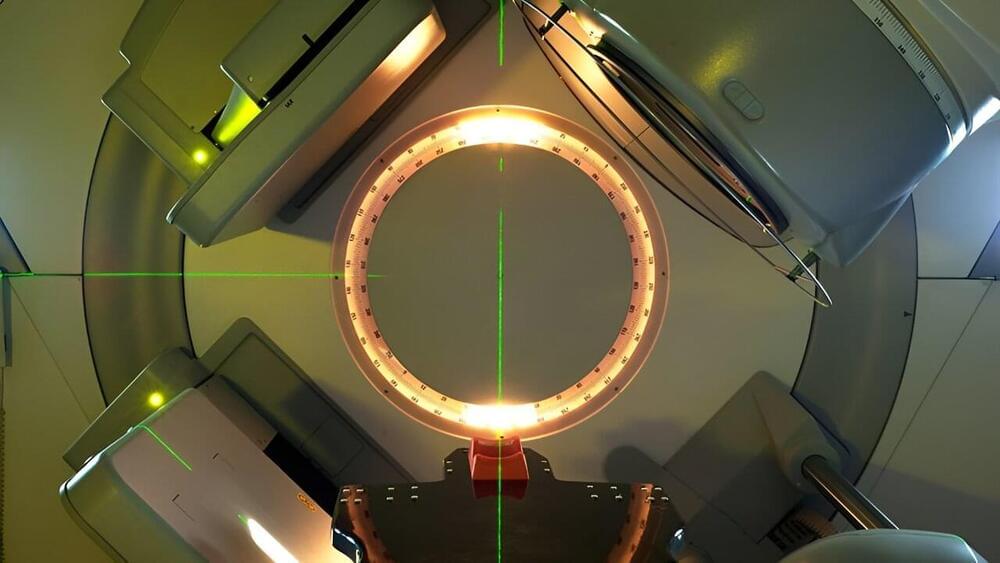Phase III trial results on a precision radiotherapy technique support a “new gold standard” for treating head and neck cancer patients. The research suggests the new approach can reduce the risk of swallowing problems after radiotherapy, without impacting the success of treatment.
The Dysphagia-Aspiration Related Structures (DARS) trial compared dysphagia-optimized intensity-modulated radiotherapy (DO-IMRT) with standard IMRT.
DO-IMRT optimizes IMRT to reduce the risk of swallowing difficulties, known as dysphagia. This common side effect of radiotherapy for head and neck cancer can, in some cases, leave patients needing a permanent feeding tube. DO-IMRT lowers the risk of dysphagia by reducing radiation to the pharyngeal muscles, which support swallowing.










Comments are closed.